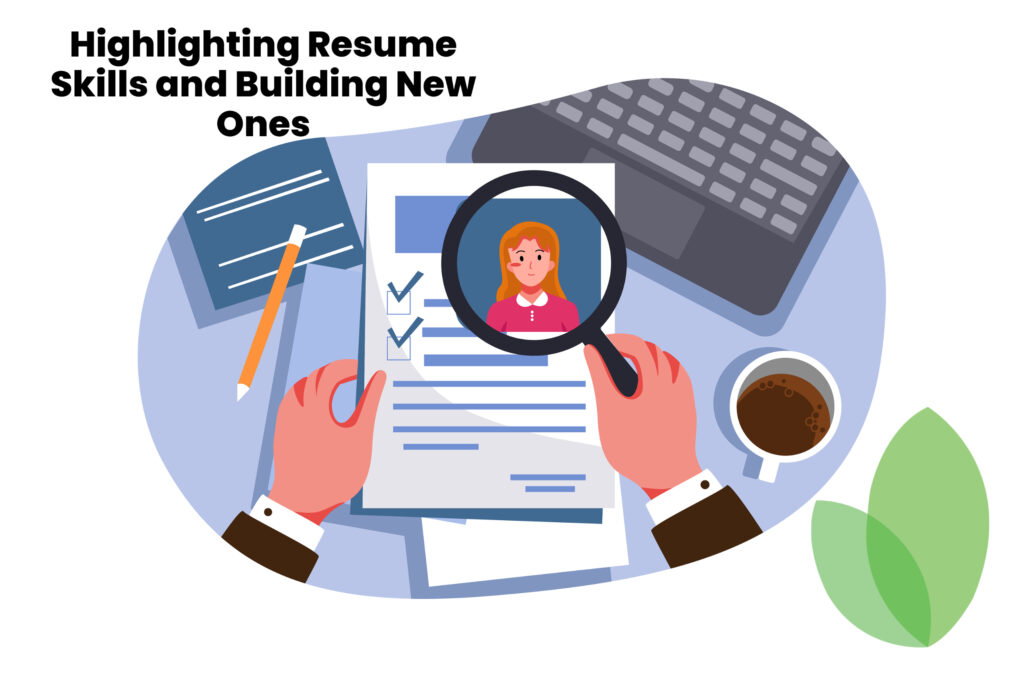It can be difficult to break into the workforce – to find jobs that require no experience. As a recent graduate or professional looking for a new career path, future skills training can be difficult to attain. Moreover, it can be costly if found through traditional academic means. But skill-building doesn’t have to be so difficult and finding digital experience for your resume can be done in several ways.
CONSIDER YOUR SOFT SKILLS
A good first step in building out a successful resume filled with strong digital work experience is to think critically and honestly about what constitutes a professional skill. Remember to consider which soft skills you have or are able to learn and the importance of these skills in your current and future careers. Soft skills include things like communication skills, interpersonal skills, organization, time management, and customer service – among many others.
TECHNICAL SKILLS
Importantly, consider highlighting other necessary skills specific to the job you’re looking to apply for. For instance, adding the known technical skills related to remote working. In an ever-innovating marketplace, understanding and easily learning new digital technologies necessary to do a job effectively and efficiently is an asset that should be highlighted.
FIND FREE RESOURCES
Also, consider which free or inexpensive resources you can leverage to learn the hard skills you need to not only enter but thrive in the field you’ve chosen. You can find a plethora of online material and courses for learning and practicing many skills. From there, structuring a resume in a way that highlights these skills, courses, and projects is a fantastic way to get your foot in the door.
RESEARCH IN-DEMAND SKILLS
Research and learn the skills sought after by current employers, skills you may not have learned in formal education. Some of the most sought-after hard skills in today’s marketplace include language proficiency, social media, design, project management, business and data analytics, computer technology, marketing, cloud computing, database and software management, Perl/Python/Ruby, and User Interface Design. There are of course many other hard skills currently of very high value – if you are consistently seeing a skill or requirement on postings for jobs that interest you, then consider looking into those skills further and see how you might acquire it through free courses, online learning material, and importantly, practice.
BE CRITICAL OF YOUR CURRENT EXPERIENCE
Finally, be very critical of your current experience and the transferable skills you already have. Be honest with yourself about how much you are capable of and the unique ways in which you have demonstrated this in your life. Not every project is professional – but that doesn’t mean that these projects don’t build professional skills.
Join our Digital Capability Labs in order to gain the critical digital skills you need and take your career for a test drive.
Read more about starting your career in our article: Finding Your Footing After University

